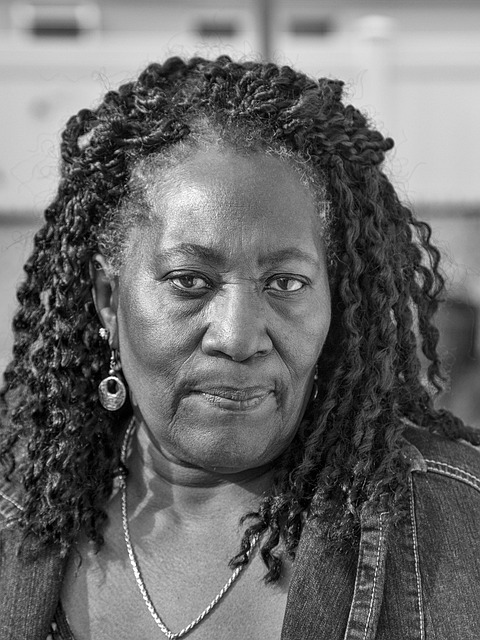Coordinating care for elderly family members is a complex task that requires tailored support based on each senior's unique needs, lifestyle, and goals. Involving multiple family members complicates matters, but open communication, clear decision-making processes, regular check-ins, and a supportive network are essential. Effective elder care tips emphasize respecting individual roles while fostering collaboration through regular meetings, technology tools, shared documents, and care management apps. These strategies streamline processes, enhance efficiency, and promote a harmonious support system for aging loved ones.
In today’s complex healthcare landscape, coordinating care among family members is a challenging yet crucial aspect of managing aging parents’ or loved ones’ health. As families navigate the intricate web of medical services and support systems, understanding the unique complexities of elder care coordination becomes essential. This article offers valuable insights into addressing these challenges, focusing on strategies to improve communication, collaborate effectively, and utilize tools that streamline caregiving processes—essential elder care tips for modern families.
Understanding the Complexities of Elder Care Coordination
Coordinating care for elderly family members is a complex task, often fraught with challenges that can be overwhelming for those involved. Elder care coordination requires a multifaceted approach due to the diverse needs and preferences of aging individuals. Each senior has unique health considerations, lifestyle choices, and personal goals, making it imperative for caregivers to tailor their support accordingly.
The complexities deepen when multiple family members are involved, each bringing their own schedules, expertise, and emotional attachments. Effective coordination demands open communication among relatives, respecting individual roles while fostering collaboration. Elder care tips emphasize the importance of clear decision-making processes, regular check-ins, and a supportive network to ensure the best possible care for aging loved ones.
Identifying Common Challenges in Family Dynamics
In many families, coordinating care for aging relatives or those with chronic conditions can be a complex task. Common challenges often arise from the unique dynamics and roles within family structures. For instance, different family members may have varying levels of availability, responsibilities, and perspectives on the best course of action for their loved one’s care. This can lead to conflicts and misunderstandings when deciding on medical treatments, daily routines, or living arrangements.
Elder care tips suggest that open communication is key to overcoming these hurdles. Family gatherings or regular meetings can provide a platform for everyone involved to express their concerns, wishes, and capabilities. Recognizing and respecting individual strengths and limitations foster a collaborative environment, ensuring everyone feels heard. By identifying and addressing these common challenges proactively, families can enhance overall care coordination and create a more harmonious support system.
Strategies for Effective Communication and Collaboration
Effective communication is a cornerstone in coordinating care among family members, especially when it comes to elder care tips. To ensure everyone is on the same page, establish clear and consistent channels of communication. Regular family meetings can serve as a platform for discussing care plans, sharing responsibilities, and addressing concerns openly. Utilize technology like video calls or messaging apps to keep distant relatives informed and involved. Foster an environment where each member feels comfortable voicing their thoughts and asking questions, promoting collaborative decision-making.
Collaboration tools can significantly streamline the coordination process. Create a shared document or online platform where care schedules, medical information, and resources are readily accessible. Encourage family members to update this space regularly, ensuring everyone has the latest details. Additionally, consider assigning specific roles or tasks to different relatives based on their skills and availability, enhancing overall efficiency in managing elder care responsibilities.
Tools and Resources to Streamline Caregiving Processes
In today’s digital era, a plethora of tools and resources are available to streamline caregiving processes, offering invaluable elder care tips for families navigating complex healthcare systems. From care management apps that facilitate communication and task delegation to online platforms providing access to medical records and scheduling, these innovations simplify coordinating care among family members.
Many applications also integrate reminders for medication schedules, appointment bookings, and even social interaction, fostering a holistic approach to elderly care. By leveraging these technological advancements, families can enhance efficiency, reduce stress, and ensure high-quality care for their loved ones.
Coordinating care among family members can be a complex task, especially with the growing demand for elder care. By understanding the unique challenges within family dynamics and implementing effective communication strategies, caregivers can enhance collaboration. Utilizing tools and resources designed to streamline caregiving processes further simplifies this journey. Embracing these elder care tips can ensure a more manageable and compassionate approach to navigating the complexities of elder care coordination.
